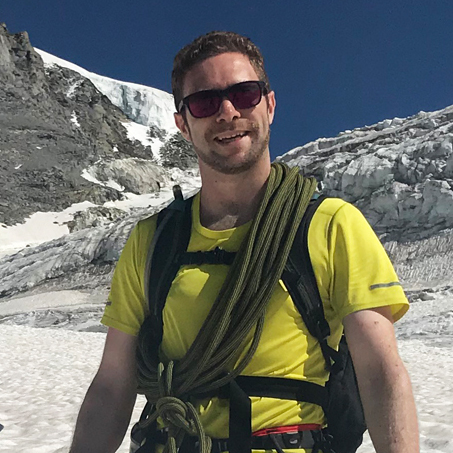Why is Rab so expensive? We cast an eye over the highly reputed British brand
A mainstay of British outdoor clothing, we delve into the reasons Rab kit is so expensive and ponder whether it’s worth the investment
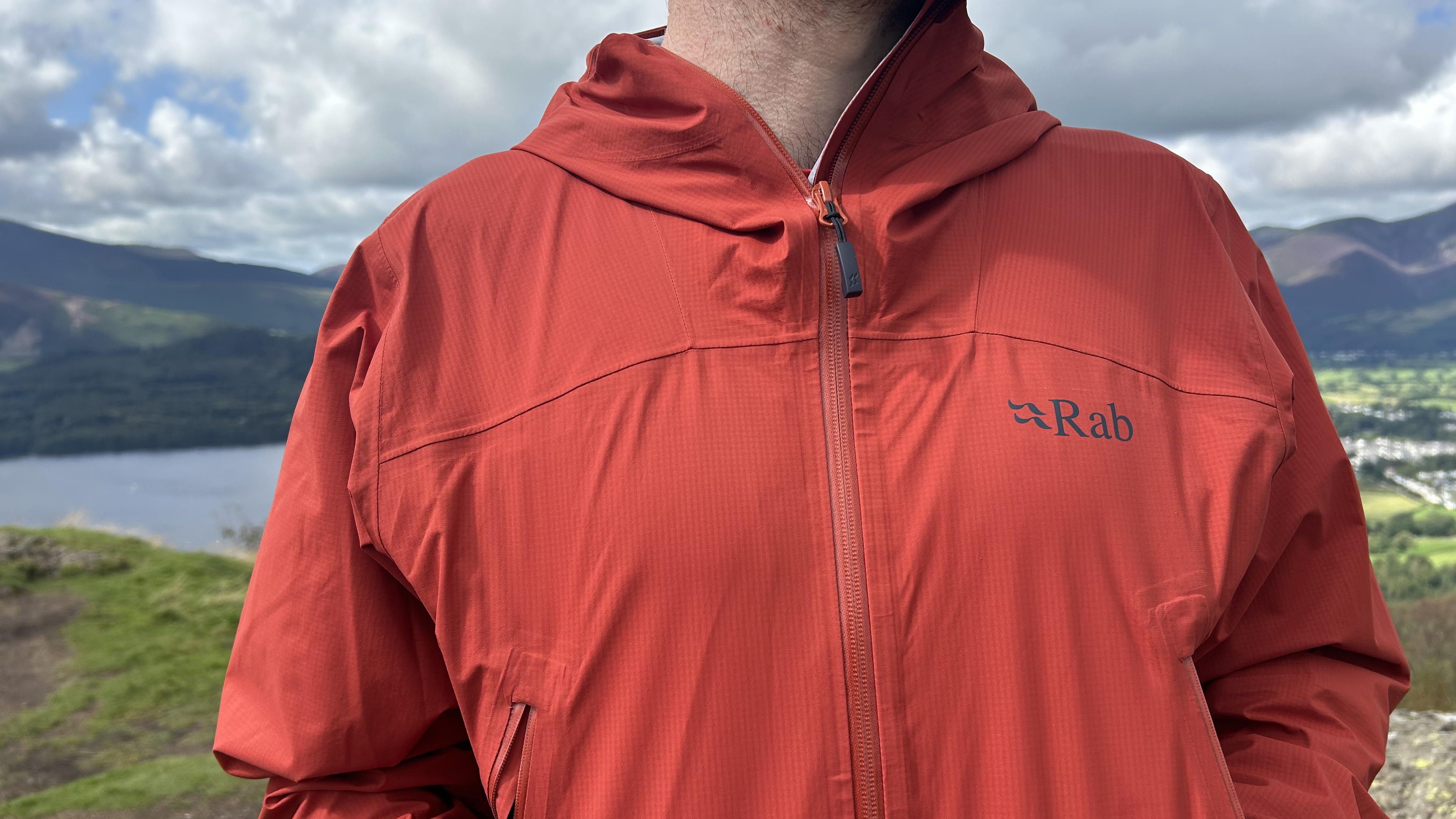
All the latest inspiration, tips and guides to help you plan your next Advnture!
You are now subscribed
Your newsletter sign-up was successful
Britain and Argentina don't always see eye to eye. From the protracted dispute over the Falkland Islands to soccer World Cup controversies such as Diego Maradona's Hand of God goal in 1986 and David Beckham's red card in 1998, theirs is a chequered history. However, one collaboration between an Brit and an Argentine in the 1970s may have sown the seed for one of the world's most reputable outdoor brands: Rab.
From sleeping bags stitched together in an attic in Northern England to the major brand we see today, Rab has been on quite a journey. However, one of its waterproof jackets will set you back more than most. Before you invest in Rab gear, you're within your rights to know exactly what it is you're paying for. So, why is Rab so expensive?
We asked our own Northern English hiking and mountaineering kit expert to delve into the reasons behind the price tags, while also taking a closer look at the brand's origins.
Why is Rab so expensive?
There are a number of reasons Rab is more expensive than your average brand:
Rab creates high quality garments using premium materials, which are usually also approved in terms of animal welfare and sustainable sourcing. They also use expensive components and technology from the likes of Gore-Tex and Nikwax.
Rab has a commitment to people. It treats its workers well, with good pay and benefits, and is a Fair Wear Foundation Leader.
Rab has a strong sustainability focus. It's a climate neutral company and is making strides towards NetZero. Much of the materials it buys are recycled, while the brand offers repair services to keep gear in play for longer. All of these initiatives are expensive.
All the latest inspiration, tips and guides to help you plan your next Advnture!
Rab has a strong reputation among both outdoor lovers and fashion conscious consumers. This means it can set its prices that little bit higher, safe in the knowledge that people will pay for it.
For more detail on the above, read on.
Meet the expert
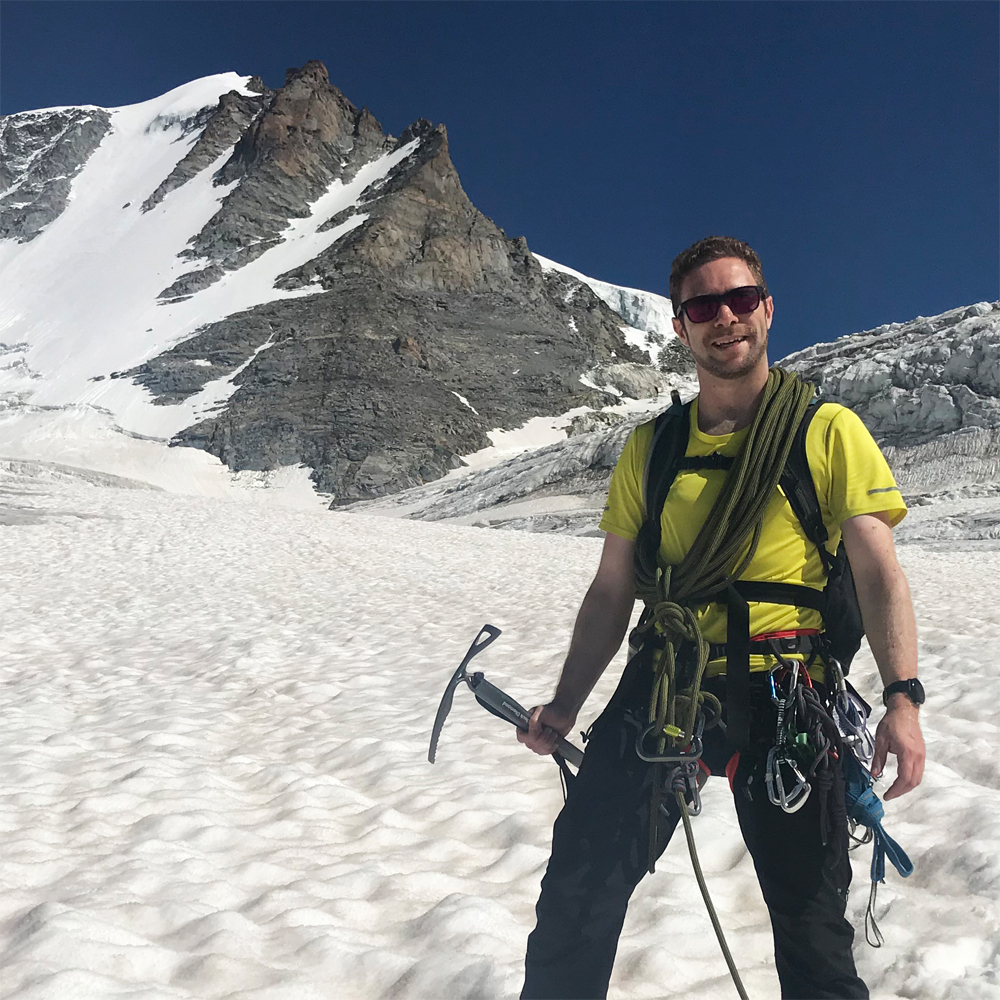
Alex is a qualified Mountain Leader and the President of the London Mountaineering Club. As one of our gear experts, he's well aware of the importance of quality and sustainability. He's an advocate of the idea that the best hiking gear is what you already own and applauds Rab’s Second Stitch initiative (more on this later) and its ethos of creating “honest, hard-working pieces that you’d rather repair than replace".
Today's best deals
Rab’s origins
- Rab was founded by mountaineer Rab Carrington in 1981
- Carrington was one of the great British mountaineers of the 1970s
- He gained sleeping bag expertise while working in Argentina in 1973
- In the 2000s, Rab was sold to Equip Outdoor Technologies, who also own Lowe Alpine
Rab is named after its founder, Scottish mountaineer Rab Carrington, who was born in Glasgow in 1947. Carrington developed a passion for climbing and moved south to Sheffield, England in 1973. He quickly become a part of a burgeoning mountaineering scene and formed a highly successful partnership with the legendary Alan Rouse. They climbed together throughout the world, taking alpine-style tactics to the Greater Ranges.
However, Rouse was vying with the likes of Alex MacIntyre, Joe Tasker and Pete Boardman for the distinction of being Britain’s greatest mountaineer of the time. In his ambition, Rouse was taking risks that Carrington had lost his appetite for. Their final expedition together was on Kangtega in the Himalaya, in 1979. While Carrington went on to buy a house, start a family and found his business, Rouse continued to pursue big projects in the Himalaya, sadly passing away on K2, the world’s second highest mountain, in August 1986.
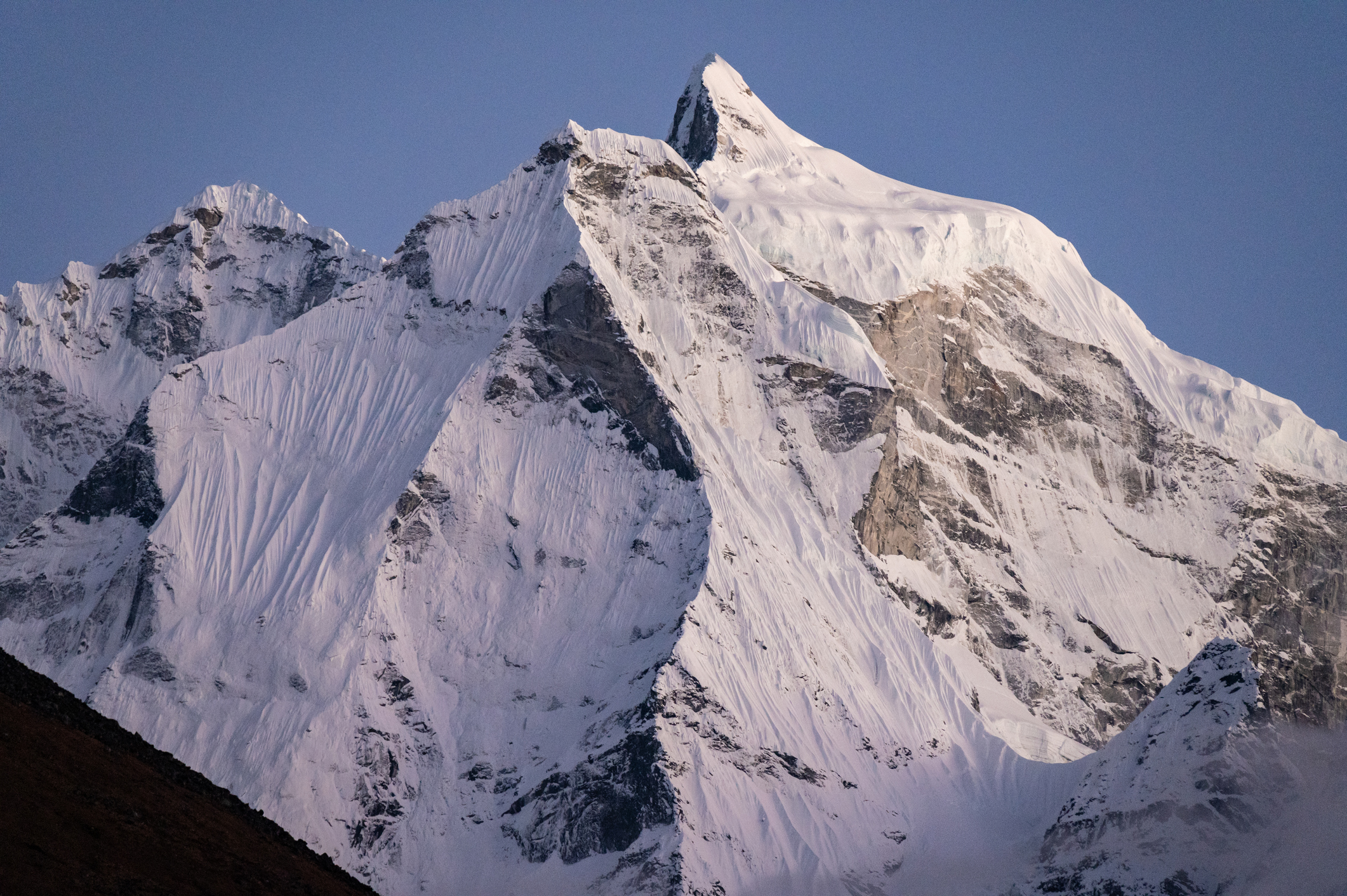
In 1981, Carrington and his wife Sue had a daughter, Liz, and he started his business, sewing sleeping bags together in an attic in Sheffield. Carrington had learned his craft on a trip with Rouse to Argentina in 1973. Their climbing gear had become stranded in Liverpool due to a dock strike and they ended up spending much of their time partying rather than ascending Patagonian mountains, which had been the original plan. However, Carrington also put himself to work making sleeping bags in Buenos Aires for his friend Hector Vieytes, learning the skills that would spark Rab into life in the early 1980s.
As well as this, mountaineering kit was nowhere near as advanced back then. During his alpine exploits in the 1970s, Carrington and Rouse would often find themselves modifying the available kit to make it fit for purpose. There was no doubt that Carrington had identified a need for higher performing outdoor gear that was more thoughtfully designed with mountain conditions in mind.
By the time the 1980s rolled around, likeminded British mountaineers, like Paul Braithwaite, Nick Estcourt and Joe Brown, had set up independent climbing shops. Rab’s sleeping bags, designed and hand stitched by an expert in outdoor apparel, had a place on their shelves. Demand for the products grew and Carrington moved operations to a factory in Sheffield and the business went from strength to strength. Carrington retired in 2007 and sold Rab to Equip Outdoor Technologies, who also acquired Colorado-based Lowe Alpine.
Ethos of quality
- Rab uses premium materials in its garments
- Rab pay to use technologies and components from third party companies

The first reason Rab kit is relatively expensive is down to the quality of the cutting-edge and time-tested materials it uses in its gear, such as the premium quality European down used in its down jackets and sleeping bags. All the goose and duck down used is Responsible Down Standard certified, which means the welfare of the animals involved was treated with respect.
Of course, quality design, materials and components aren’t cheap, which goes some way to explaining why Rab’s kit can be a little on the pricey side. There’s also collaborations with third parties, such as Gore-Tex, Pertex Shield, Nikwax or YKK, who provide exceptional technologies, membranes and components for Rab’s clothing. The brand have to pay for the pleasure of using them, the cost of which is then forwarded to the consumer.
Commitment to people
- Rab treats both its employees and the workers in the factories it uses well
- The brand is a Fair Wear Foundation "Leader"
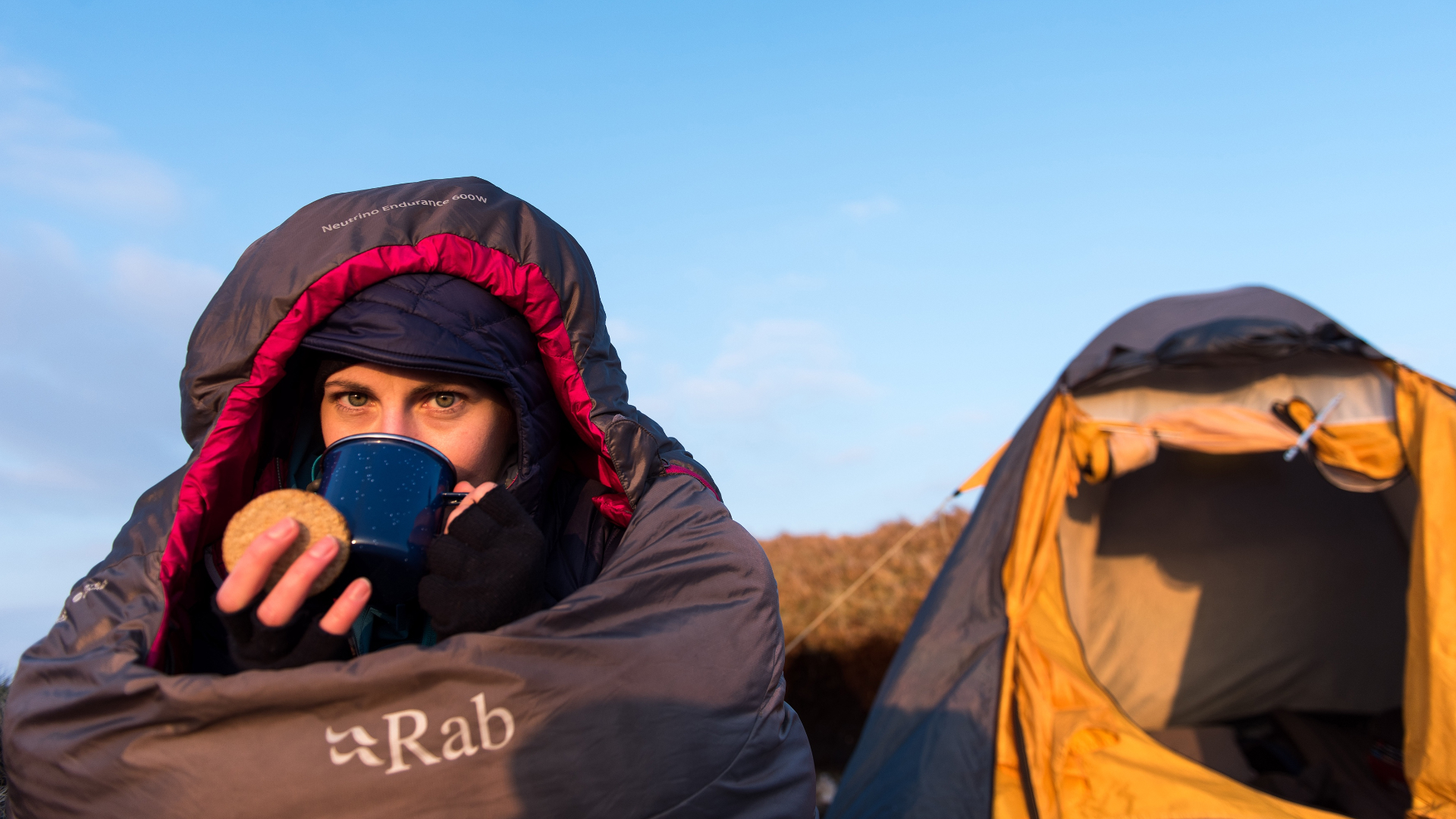
Rab has worked hard on its responsibility to its workers, both the 238 people directly employed by the business and the workers in the garment factories it uses. As well as good pay, its employees enjoy benefits like life assurance and discounts on Rab and Lowe Alpine gear and other sports equipment.
Rab is one of the 140 Fair Wear Foundation member brands and has achieved “Leader” status after just two years of membership. The Fair Wear Foundation strive to protect the human rights of garment factory workers. So, while a fleece jacket from Rab may cost a little more than some, you can wear it safe in the knowledge that the people who stitched it together got a fair deal.
Focus on sustainability
- Rab has been a climate neutral company since 2020 and it aims for NetZero by 2030
- 60% of materials bought by Rab in 2022 were recycled
- Rab offer repair services to keep garments in play for longer
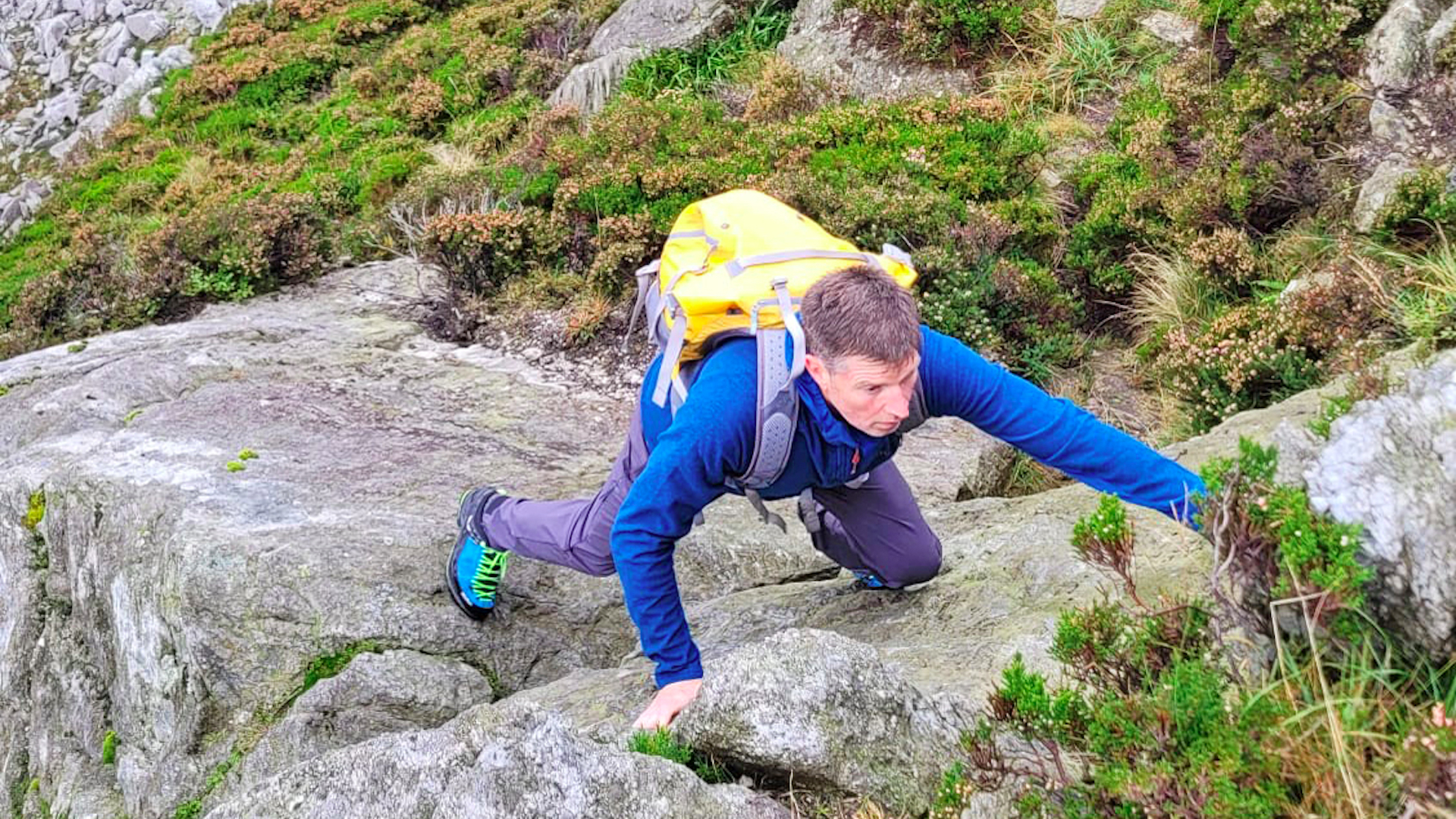
Rab strives to be as sustainable as possible. It’s been a Climate Neutral Company for four years, 80% of its products are fluorocarbon-free and it’s transparent about the emissions involved to create each item of clothing. Rab has set targets for all its packaging to be renewable or recycled by 2025 and to be a NetZero business by 2030.
60% of all the fabric Rab purchased in 2022 was recycled and they also began purchasing recycled down in 2021. However, obtaining and processing recycled materials is more expensive than using new fabrics, which pushes the price up for the consumer.
One of the ways Rab is transparent about what goes into its gear is its Material Facts initiative, which gives the consumer visibility of how much recycled content it contains, the item’s fluorocarbon content and where it was manufactured.
Rab's Service Centre boasts initiatives such as "Second Stitch" repair, where customers can send in their damaged apparel and have it restored using end-of-life roll ends, re-used and offcut materials, thus reducing manufacturing waste. This is the brand's lowest impact repair service. When the customer receives their rejuvenated garment, it'll be a unique piece of kit and come with an exclusive badge. Keeping gear in play in this way is a real step towards true sustainability.
A strong reputation
- Rab's reputation means it can set its prices a bit higher than most
- It aligns itself carefully with athletes and produces its own podcast
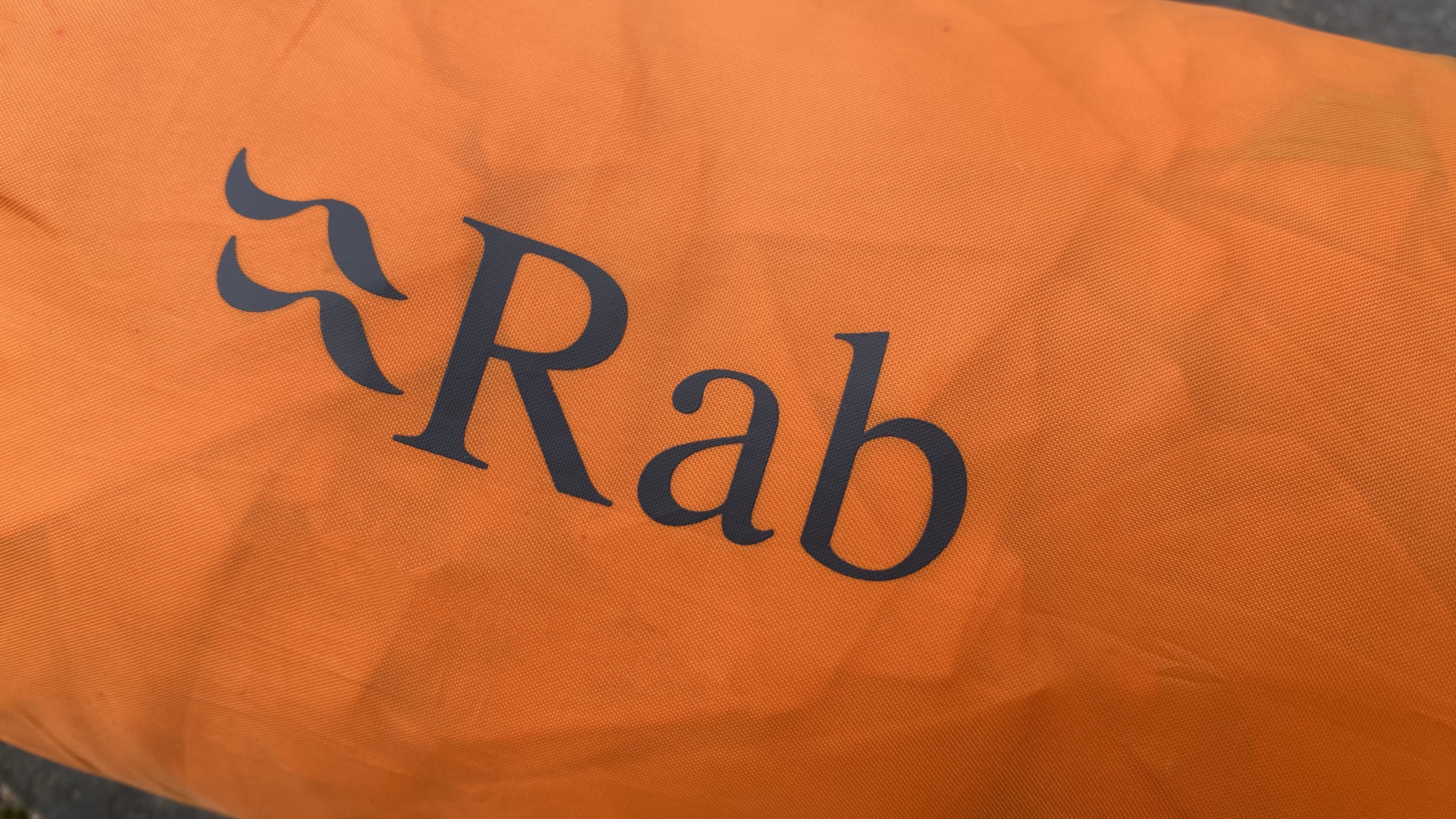
The combination of mountaineering heritage, quality products, sustainability efforts and well thought out marketing mean that Rab has a very strong reputation among climbers, mountaineers, hikers and casual consumers.
The brand carefully selects the athletes and personalities it sponsors, such as leading Scottish winter climber Greg Boswell. As well as this, it has its own podcast, The Mountain People, which brings attention to its heritage, products, sustainability efforts and partners to a wider audience.
The result is that Rab is a desirable brand; you're just as likely to see the logo at the local park as you are on a remote sea cliff. Just as the likes of Arc'teryx, The North Face and Fjällräven can command higher prices, so can Rab. People will pay.
In conclusion
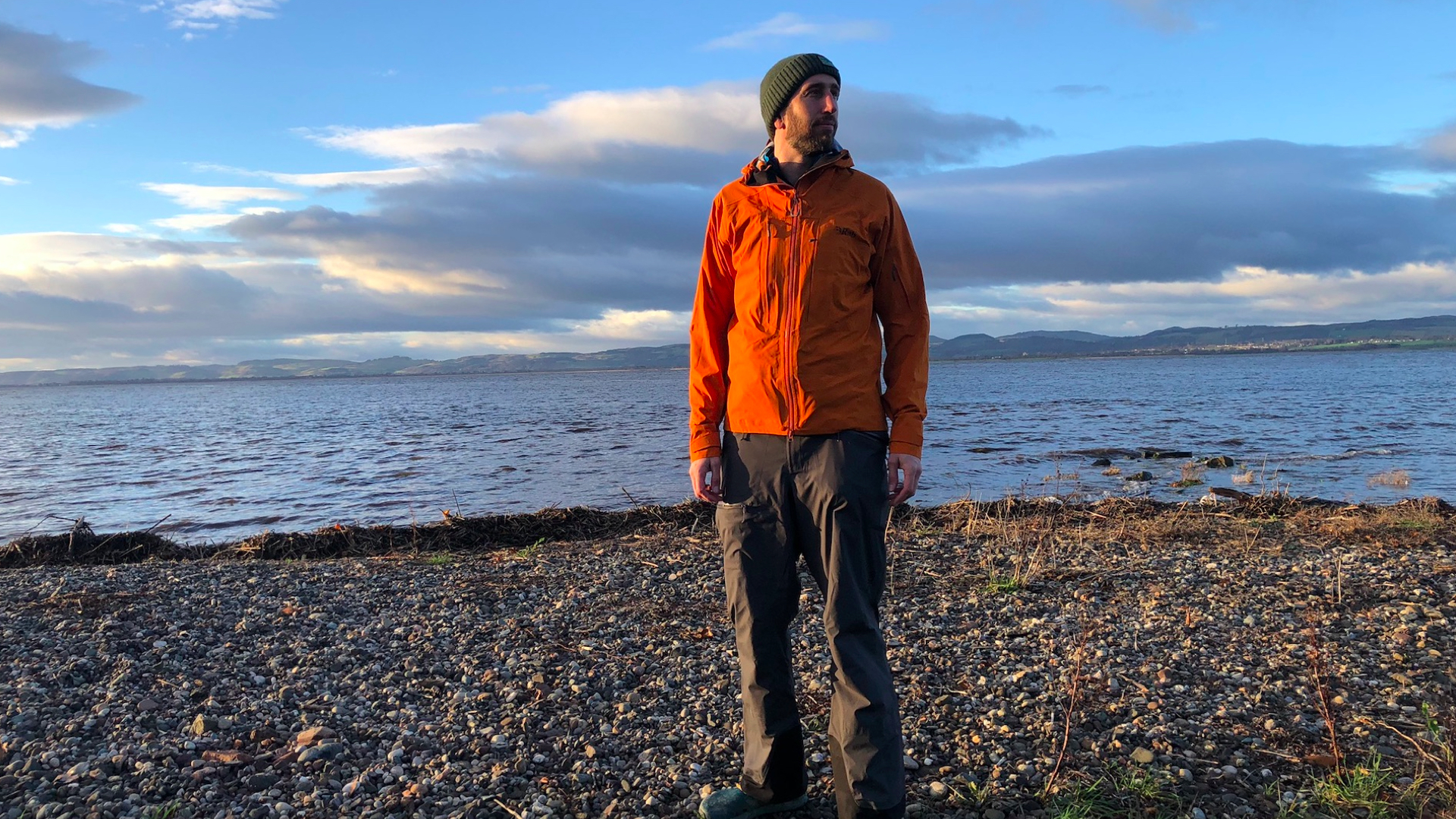
Yes, Rab’s clothing is a little more expensive than your average outdoor brand. However, it’s worth thinking about any Rab purchase, whether a waterproof or a hat, as an investment in durable, quality kit that’s also kinder to the planet and the people that made it. Plus, Rab’s repair services mean that, years down the line, you can send any damaged gear to be restored back to its former glory. After all, the best outdoor kit is the kit you already own.
Alex is a freelance adventure writer and mountain leader with an insatiable passion for the mountains. A Cumbrian born and bred, his native English Lake District has a special place in his heart, though he is at least equally happy in North Wales, the Scottish Highlands or the European Alps. Through his hiking, mountaineering, climbing and trail running adventures, Alex aims to inspire others to get outdoors. He's the former President of the London Mountaineering Club, is training to become a winter mountain leader, looking to finally finish bagging all the Wainwright fells of the Lake District and is always keen to head to the 4,000-meter peaks of the Alps. www.alexfoxfield.com
